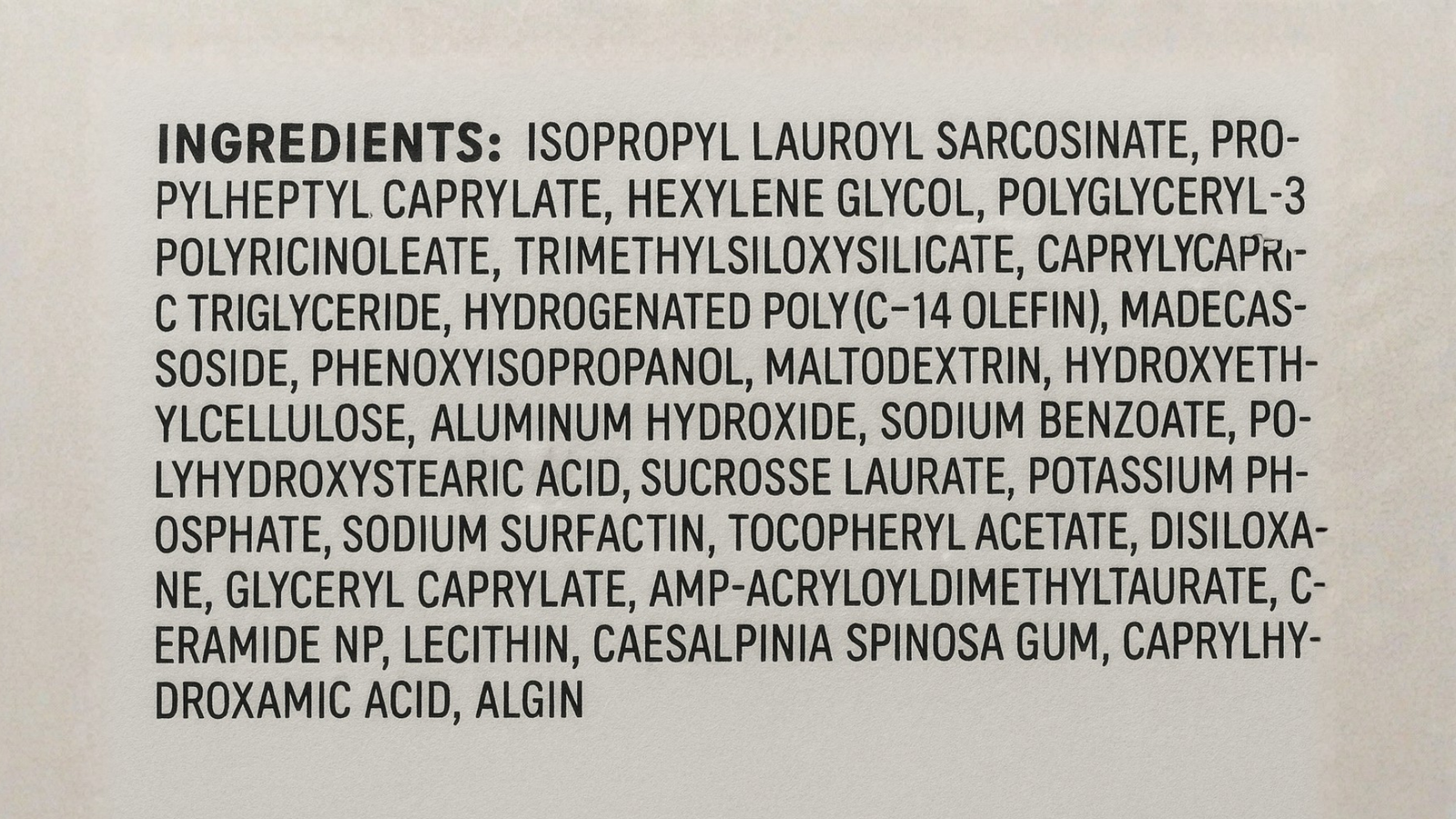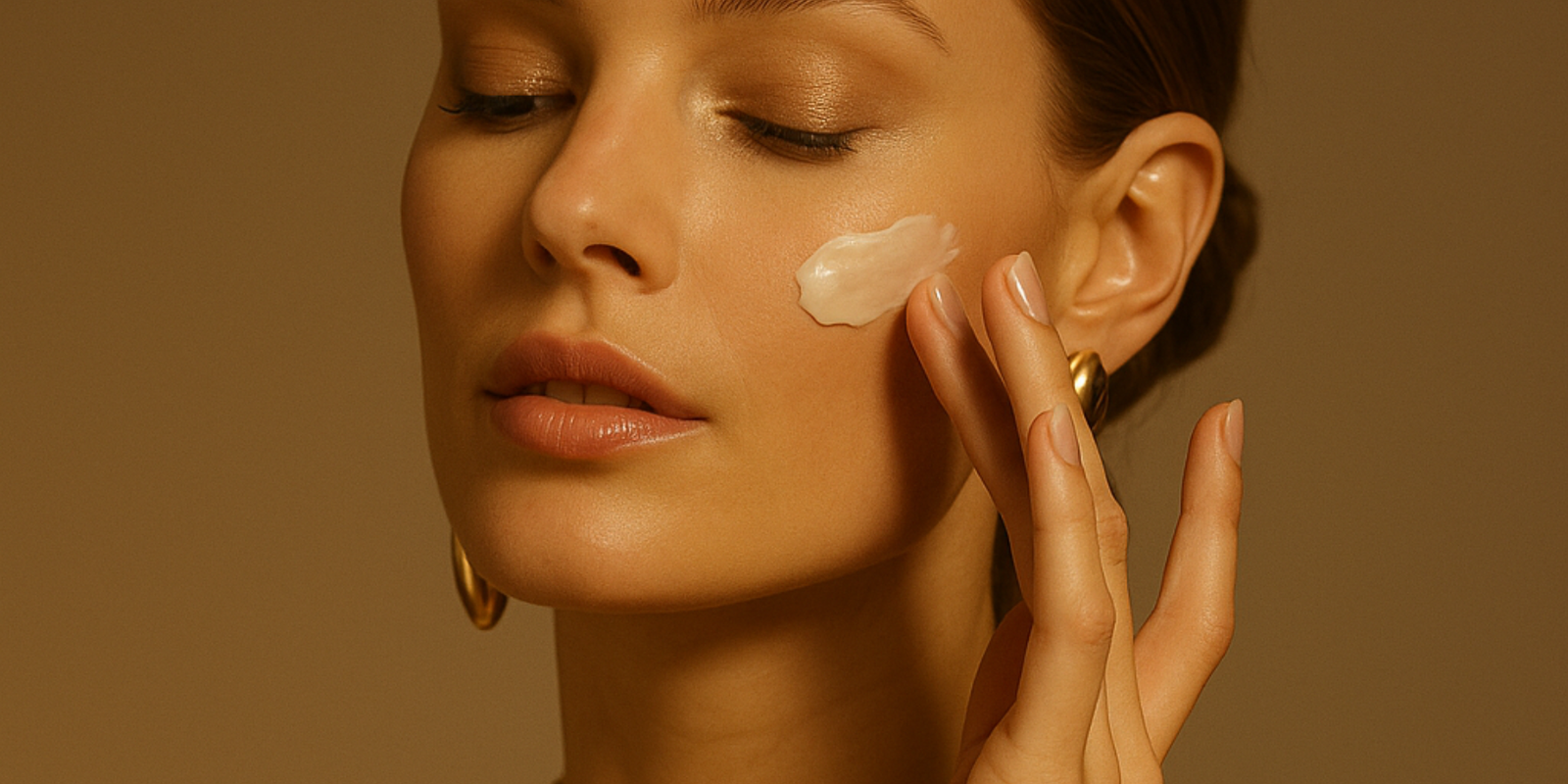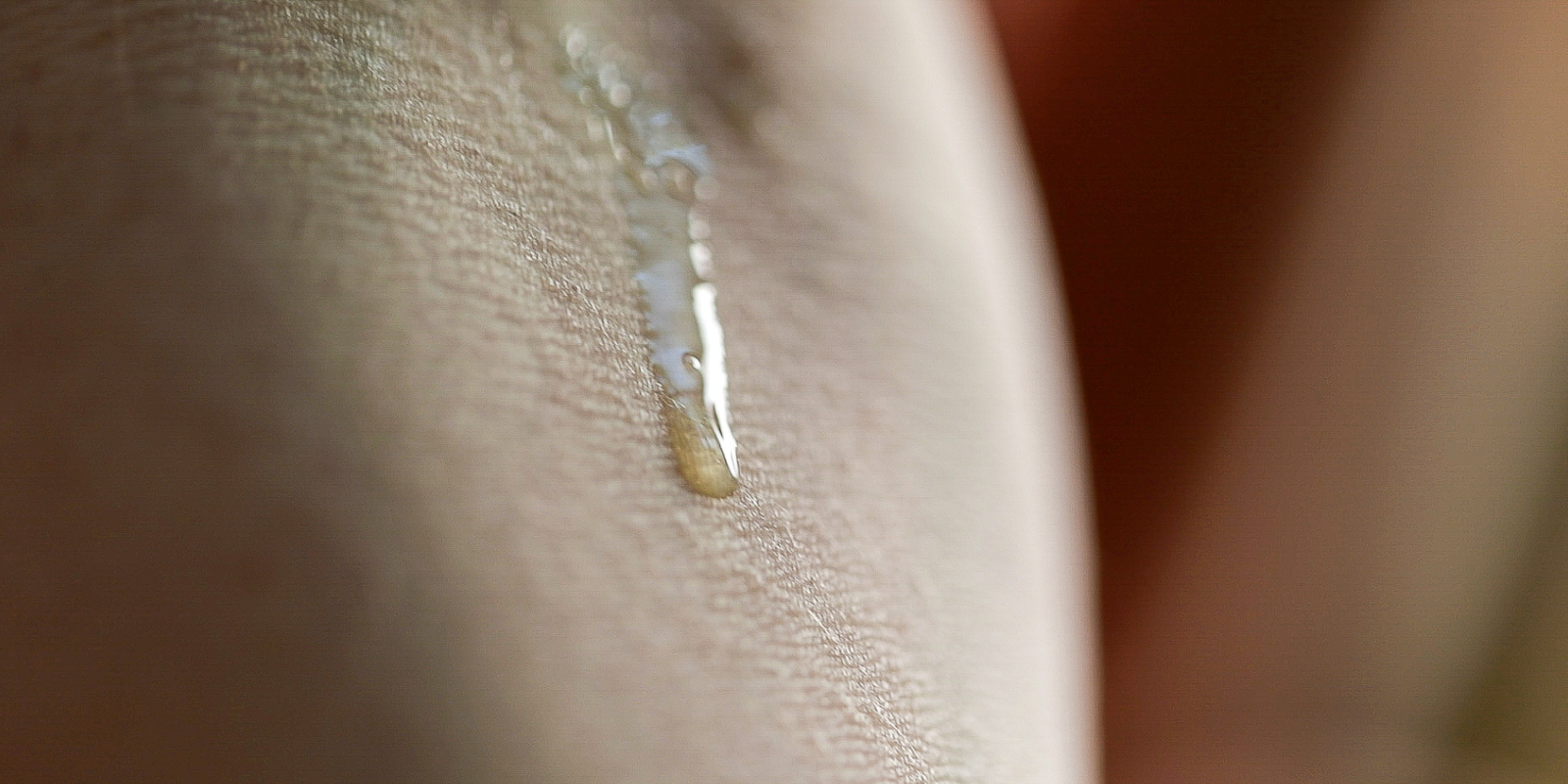EWG Verified & Leaping Bunny Certified | Free Gift $200+
EWG Verified & Leaping Bunny Certified | Free Gift $200+
The Difference Between Moisture and Hydration in Skincare

The Difference Between Moisture and Hydration in Skincare
Introduction
What’s the difference between moisture and hydration when it comes to skincare? This is an extremely common question I get asked. Sometimes, these words are used interchangeably, but they have different meanings. It’s important to know the difference so you can choose products that will care for your skin in the best way. In this post, I’ll explain the difference between moisture and hydration and how to determine your skin needs.
What is the difference between moisture and hydration?
Simply put, moisture refers to the amount of oil in your skin, while hydration refers to the water levels in the upper layers of your skin. Moisture = oil, and hydration = water.
How do moisture and hydration affect your skin?
Both a lack of moisture and a lack of hydration will cause very similar effects to your skin; your skin may feel dry, tight, and itchy, and your complexion may appear dull and lackluster. This is caused by a breakdown of your skin’s barrier function; your skin needs adequate moisture and hydration to function properly.
What causes moisture and hydration imbalances?
If your skin has a lack of moisture- or oil, you likely either have dry skin as a result of genetics or are using products that are stripping the natural oils from your skin (sulfate-based cleansers and harsh toners are typically the cause).
Your skin may lack hydration- or water, due to being internally dehydrated or from environmental factors such as dry air, hot showers, or indoor heating (super common in the winter).
How to tell if your skin needs moisture.
To determine whether your skin needs moisture, you must first determine your skin type. Generally, if you have small pores and your skin has a matte appearance, you have dry skin, and if you have larger pores and your skin tends to get shiny, you have oily skin. I wrote a blog post recently that goes into more detail about figuring out your skin type, which you can read by clicking here.
If your skin type is dry, you likely could benefit from adding moisture, or oil, back to your skin. If you do not have dry skin but are using sulfate-based cleansers, clarifying toners, products with alcohol, or retinol, you probably need moisture, as these products tend to strip your skin of its natural oils.
How to tell if your skin needs hydration.
You may intuitively know that your skin needs hydration if you are or tend to be dehydrated. Not drinking enough water, eating salty foods, highly processed foods, or consuming alcohol can all contribute to dehydration. Living in a dry climate or being exposed to drying elements, like indoor heating and long, hot showers, can cause dehydrated skin.
You can also quickly check for dehydrated skin by pinching the skin on the back of your hand for a few seconds and monitoring how quickly it ‘bounces back’ to normal. If it takes a few seconds to return to normal, that's a good indication your skin is dehydrated.
How to add moisture to your skin.
The best way to add moisture, or oil, back to your skin is with oil! Here is a link to an article I wrote about choosing the best oil for your particular skin type. In a nutshell, oils rich in oleic acid, such as apricot kernel, almond, avocado, and marula, are best for dry and mature skin. Oils rich in linoleic acid, such as sacha inchi, safflower, grapeseed, and hemp, are better suited for oily skin. Remember, you can have oily skin, but if you use skincare products that strip your skin of its natural oils, your skin will need additional oil to be properly moisturized.
How to add hydration to your skin.
The best way to add hydration to your skin is from within. Making sure you are drinking enough water throughout the day is key to having healthy, hydrated skin. Limiting your consumption of ultra-processed or overly salty foods and alcohol will go a long way toward keeping your skin balanced. Adding an electrolyte supplement to your water can also help.
Topically, steam is a great way to rehydrate your skin. Using a tabletop facial steamer or even holding your face (carefully) over a bowl of hot water can put much-needed hydration back into your skin.
The best way to restore hydration in your skin is through a topical oil. While oil is tied to moisture, applying oil to your skin also helps with hydration levels by creating a semi-occlusive layer and preventing trans-epidermal water loss; essentially, it locks water into your skin. Oil, especially those rich in linoleic acid, restore healthy barrier function, which allows your skin to stay properly hydrated.
Hydrate and moisturize your skin with our Holy Grail Face Oil.
I formulated our Holy Grail Face Oil to contain equal parts oleic and linoleic acid, so it adds moisture back into both dry and oily skin. Its carrier oils- Sacha Inchi, Apricot Kernel, and Pomegranate Seed, nourish your skin, filling in the intercellular gaps between your skin cells to lock in water and keep your skin perfectly hydrated. I find that having a glass of electrolyte water, giving your skin a nice 5-10 minute steam, and applying our Holy Grail Face Oil will give even the driest, dehydrated skin an immediate healthy, plump, glowing appearance. Click here to buy a bottle of your own!
Also in Apotheca Edit

The Hidden Cost of Fillers: You’re Paying for Ingredients That Irritate Your Skin
Many skincare products rely on “filler” ingredients—fragrance, dyes, and texture agents that offer no real skin benefit and may contribute to irritation. Learn how to spot them and choose formulas built only with active, purposeful ingredients.

The Dangers of Designer Skincare
The price tag of luxury skincare doesn’t mean rare ingredients and better results. Many designer formulas prioritize packaging gimmicks and prestige over true skin health—often using silicones, synthetics, and preservatives that quietly damage your skin barrier. Learn about label transparency and why “premium” isn’t always better to reveal what skin nourishment really looks like.

The Top 10 Best (And Worst) Oils to Use On Your Face
I get asked all the time about using oils like avocado, olive, and coconut on the face—and the truth may surprise you. Not every “natural” oil is good for your skin. In this post, I break down the best and worst oils to use, what their comedogenic ratings really mean, and how to choose the ones that will actually nourish your skin instead of clogging it.
Subscribe
Sign up to get the latest on sales, new releases and more …
Reviews
See why 1000's have simplified their skincare with Flora Mirabilis.
